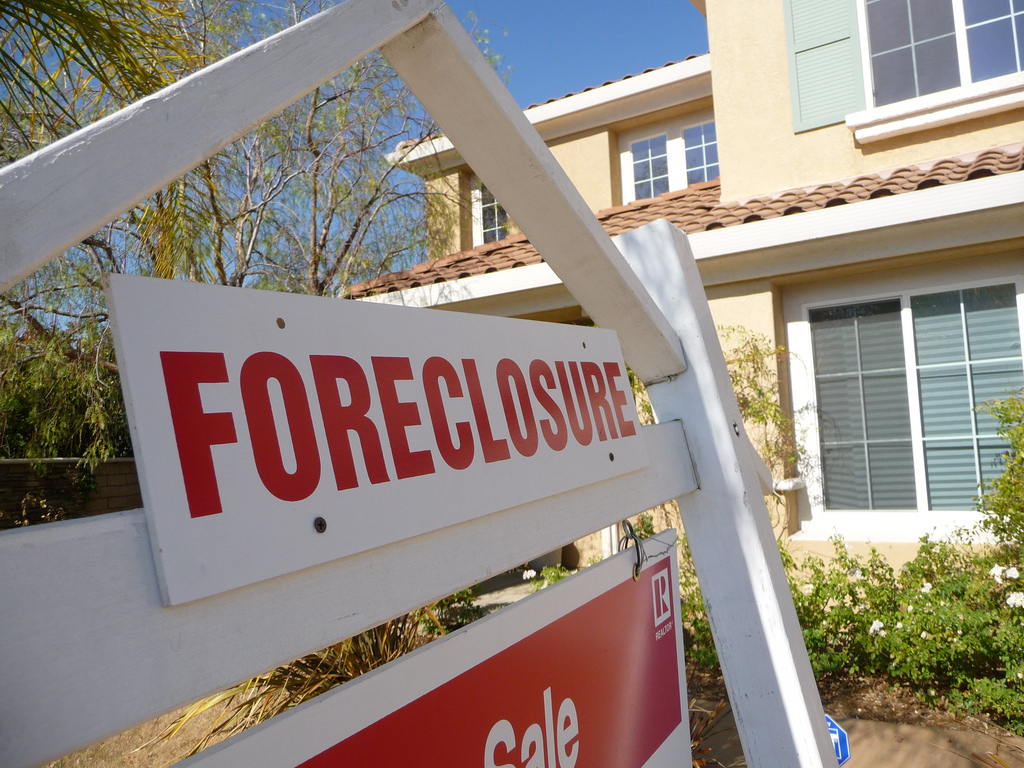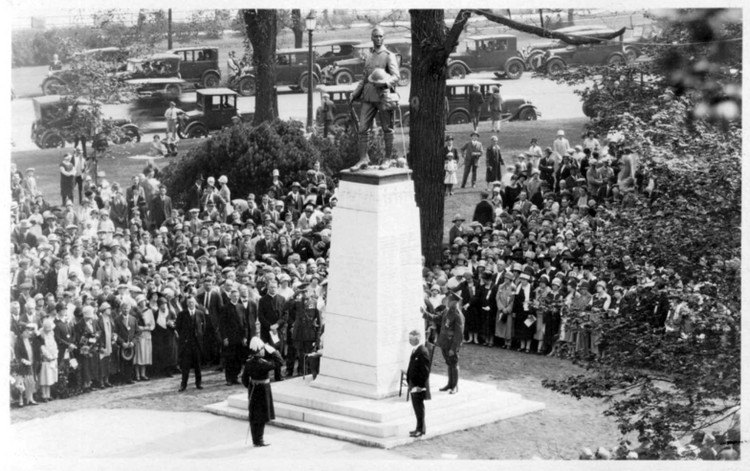Canadian mortgage owners have enjoyed low interest rates since the record low of 0.25% in 2009. Currently interest rates hover between 0.5 and 1.0%. An economic climate with low interest rates will drive up how many mortgages Canadians will buy. When interest rates are low, citizens are more likely to borrow money from banks, since the cost of borrowing is driven down. The Bank of Canada controls and manipulates interests rates and monetary policy to benefit the economy.
However, are low interest rates a good thing? Canadians jump on the opportunity to take advantage of the low interest rate to buy ‘cheaper’ mortgages, which overheats the housing market. A 5.7% increase in 2016 in sub-prime mortgages allowed Canadian property buyers with bad credit ratings to borrow money from banks. Sub-prime mortgages can create an extremely risky environment for the housing market if the housing bubble pops and house prices drop, which may result in bank foreclosures. Similar to the US housing bubble in 2008, an influx in housing demand triggered exponential increases in property prices. In 2016, Canadian home prices began to skyrocket as the average price of Canadian homes rose by 21%. Vancouver ranked as the third least affordable housing market in the world this last year, based on median house prices versus median household income.
The Bank of Canada deems foreign investors as major contributors to the expanding bubble. Data released by the BC government show that foreign buyers made up 10.9% of Vancouver housing transactions in the period of June – July 2016. Today, 66,719 homes in Vancouver are left uninhabited as foreign investors treat their property like a gold investment, by holding onto houses as prices rise until the perfect time to sell comes about.
Foreign investment soared in the last 10 years and was encouraged during the Harper government. Harper put in place the Investor Immigration Program, which allowed foreign buyers to earn a Canadian visa if their investment was large enough (over CAD $800,000). The low Canadian dollar and high demand for housing makes the housing market a perfect investment for foreigners. Thousands of foreign buyers jumped on the deal that offered an easy way to attain a Canadian passport, or a desirable opportunity to buy elite properties in a growing city and a high return on investment. In 2014, the program was pulled and 1,300 Asian investors that were denied visas filed an ongoing class-action lawsuit against the Government of Canada.
The provincial government of British Columbia backtracked on federal actions that overheated the housing market by imposing a foreign purchasing tax of 15% on housing last August. Many investors simply chose to invest in another province such as Ontario. Property sales in Toronto increased by 11.8% during 2016.
Despite the 5% of foreign-owned property in Toronto, and the increasing sales, the population growth rate is dwindling. In addition, the average house price in 2016 in the Greater Toronto area increased by CAD $120,000 and is expected to continue to rise. Toronto real estate agents have voiced their concern over a lack of housing supply in the Toronto area, which has caused housing prices to rise further as demand increases. It is becoming more difficult for many Canadians to afford the rising costs of housing, since the cost of living has not followed the increase.
For a crash to occur, a sudden drop in the volume of demand in housing must take place. Vancouver sales are down 44%, which might signal the start of the housing bubble pop. The Canadian Real Estate Association is predicting a national decrease in sales of 3.3% for 2017.
US interest rates are expected to rise with Donald Trump’s plans to increase public spending. If inflation rates rise due to the spending increase, investors will demand higher interest rates in order to compensate for the loss of returns from inflation. The increase in interest rates in the US will affect the Canadian bond market, finally affecting Canadians who have a fixed rate mortgage. Canadian interest rates are scheduled to stay at 0.5%, meanwhile the higher US rates will weaken the Canadian dollar.
A weakened Canadian dollar will attract foreign investment, causing the housing bubble to expand, bringing it dangerously close to being popped, ending with devastating results for Canada similar to that of the US crisis in 2008. In order to cool off the housing market, perhaps the Bank of Canada should follow the US and increase interest rates. Lower interest rates will contribute to the fall of the housing market and Canada’s economy. Stabilizing house prices and the housing market with higher interest rates, however, will benefit Canadians in the long run.
Photo: “Sign of the Times” (May 31, 2008), by Jeff Turner via Flickr. Licensed under CC BY 2.0.
Disclaimer: Any views or opinions expressed in articles are solely those of the authors and do not necessarily represent the views of the NATO Association of Canada.




